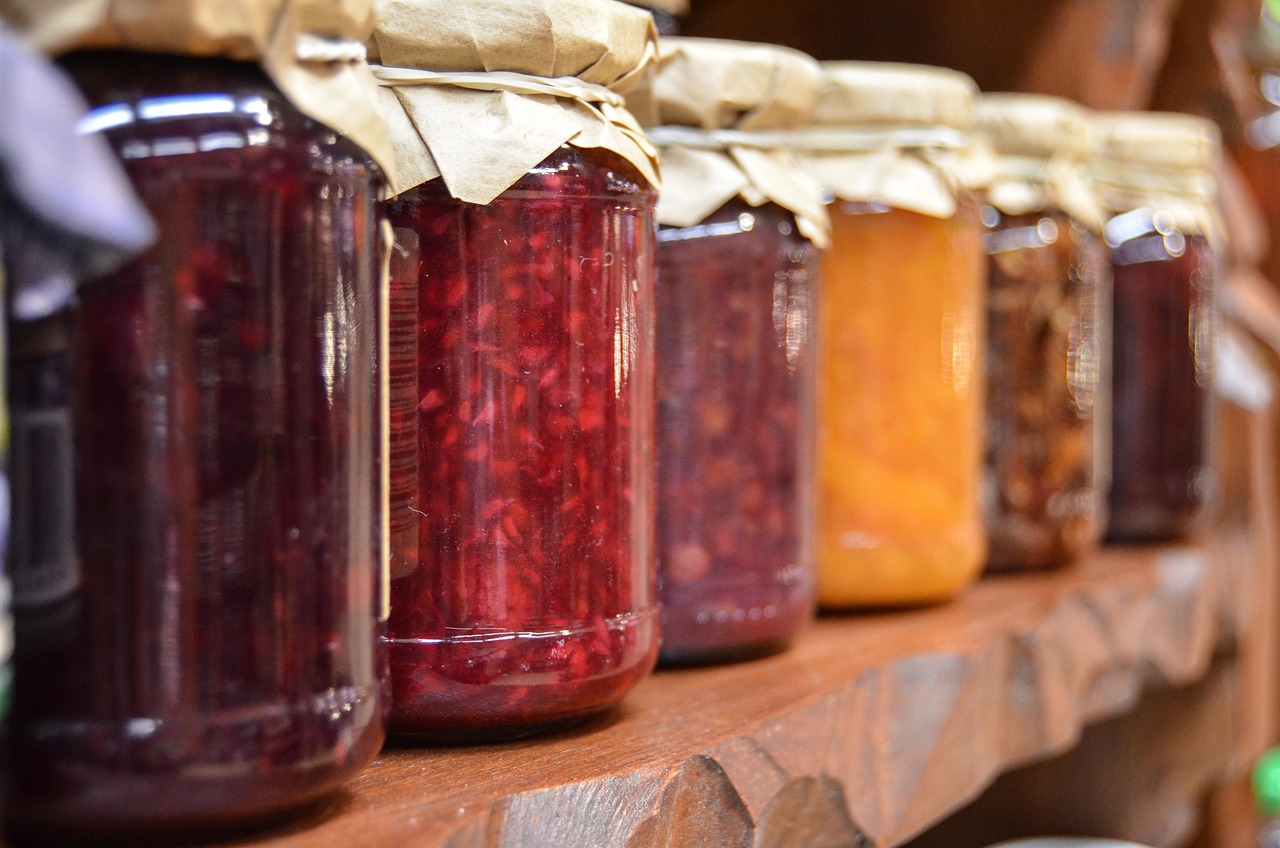Olive oil, that golden liquid extracted from olives, has been an essential component of the Mediterranean diet for centuries, recognized not only for its exceptional culinary properties but also for its health benefits. In Paraguay, interest in this product has been on the rise, representing a significant opportunity for distributors and merchants looking to expand their offerings with high-quality products. This article explores the current landscape of olive oil in the Paraguayan market, highlighting the business opportunities, challenges, and trends shaping its consumption.
The Olive Oil Market in Paraguay
Consumption Trends
In recent years, Paraguay has experienced a growing interest in healthy foods and gourmet products, among which olive oil holds a prominent place. The rising middle class with purchasing power is willing to invest in higher quality products that promote a healthy lifestyle. This has boosted the demand for extra virgin and organic olive oils, which are perceived as healthier and tastier options compared to conventional vegetable oils.
Importation and Availability
Paraguay, not being a producer of olive oil, relies entirely on imports to satisfy local demand. The main supplying countries include Argentina, Spain, and Italy, which are globally recognized for their high quality in olive oil production. This dependence on imports poses both opportunities and challenges for local distributors.
Business Opportunities
Differentiation by Quality and Origin
Distributors and merchants in Paraguay can differentiate themselves by focusing on the quality and origin of the olive oil. Offering products with protected designations of origin (PDO) or geographical indications (GI) can attract consumers willing to pay a premium price for olive oils that guarantee authenticity and provenance.
Consumer Education
A significant opportunity lies in consumer education. Many Paraguayans are still not familiar with the different qualities and uses of olive oil. Distributors can organize tastings and educational events to teach consumers how to distinguish between the various types of olive oil, their health benefits, and their culinary applications.
Partnerships with the Gastronomic Sector
Establishing partnerships with local restaurants and chefs can significantly boost the consumption of olive oil. By incorporating high-quality olive oils into their menus, gastronomic establishments not only enhance the culinary experience of their customers but also educate the Paraguayan palate, thereby increasing the demand for these products.
Market Challenges
Tariff and Logistic Barriers
Imports in Paraguay face tariff barriers and logistical challenges that can increase the final cost of olive oil. Distributors must carefully navigate the regulatory environment and seek efficient logistical solutions to keep prices competitive.
Competition with Vegetable Oils
Olive oil competes in price with vegetable oils, which are widely used in Paraguayan cuisine for their low cost. Educating consumers about the long-term health and taste benefits of olive oil can help overcome the price barrier.
Future Trends
Sustainability and Organic Production
The trend towards sustainable and organic products is getting stronger in Paraguay, as it is around the rest of the world. Distributors focusing on organic and sustainably produced olive oils will have a competitive edge in the market.
Integration of Technologies
The integration of technologies into the olive oil supply chain, such as e-commerce platforms and mobile applications, can facilitate market access and improve the shopping experience for Paraguayan consumers.
Conclusion
The olive oil market in Paraguay is full of opportunities for distributors and merchants willing to invest in quality, consumer education, and strategic partnerships. Despite the challenges, the growing demand for healthy and gourmet products positions olive oil as a product with a promising future in Paraguay. The key to success lies in understanding the needs and preferences of the Paraguayan consumer and offering products that are not only of high quality but also promote a healthy and sustainable lifestyle.





